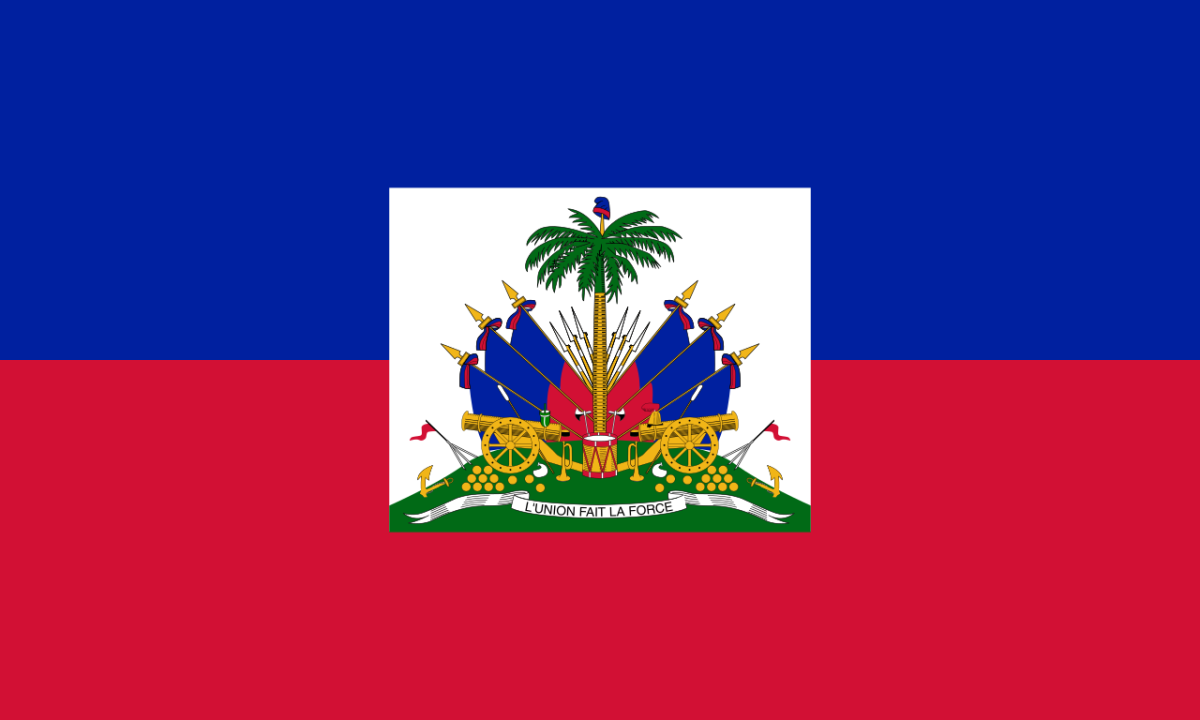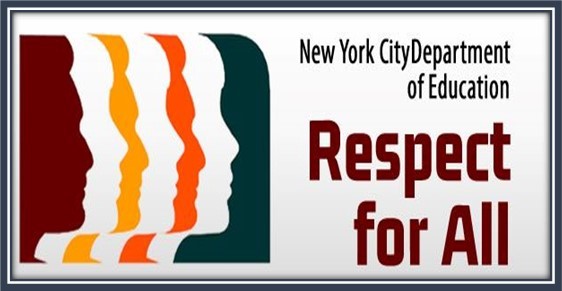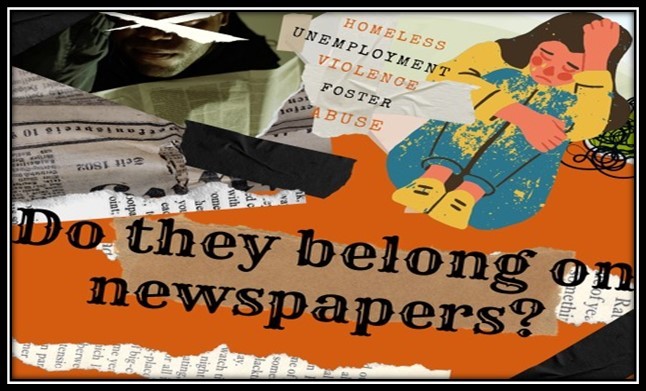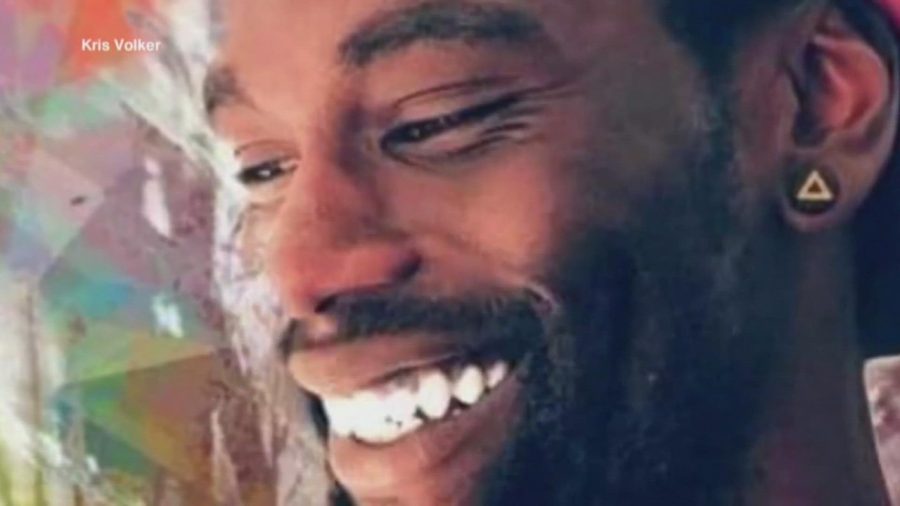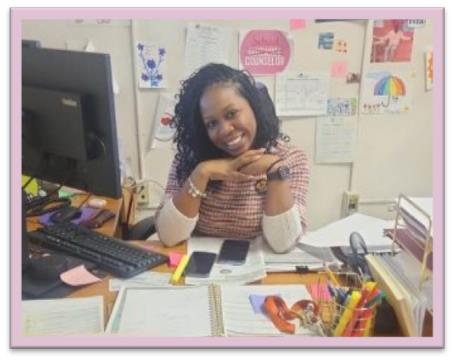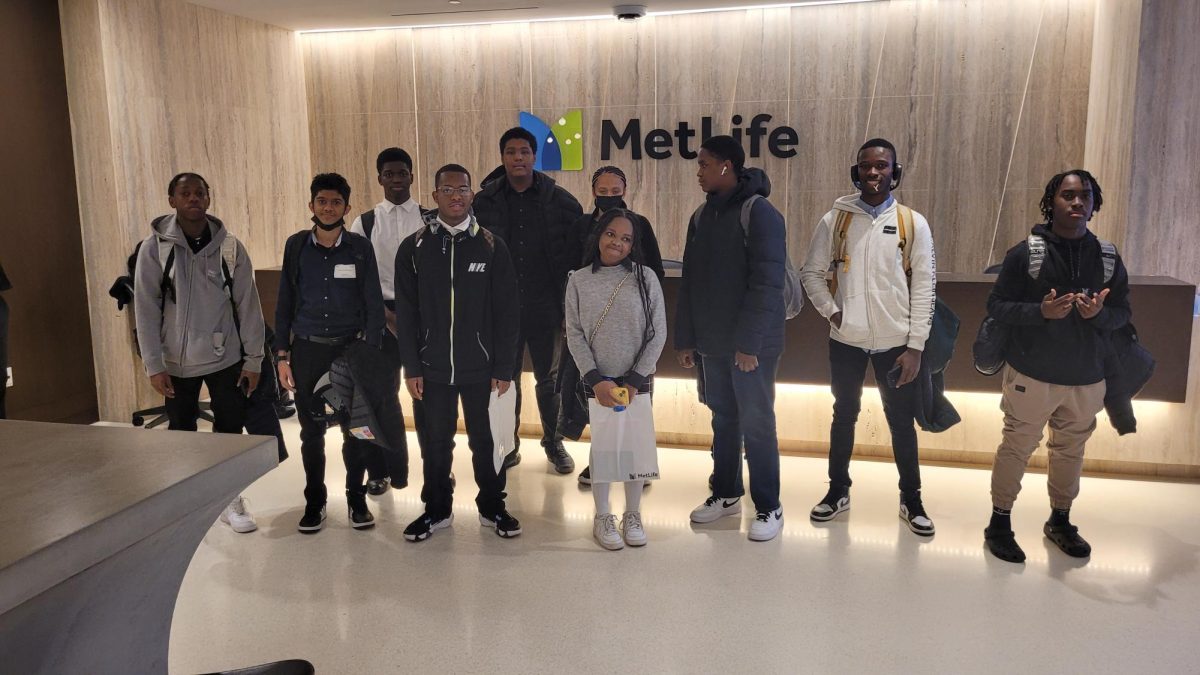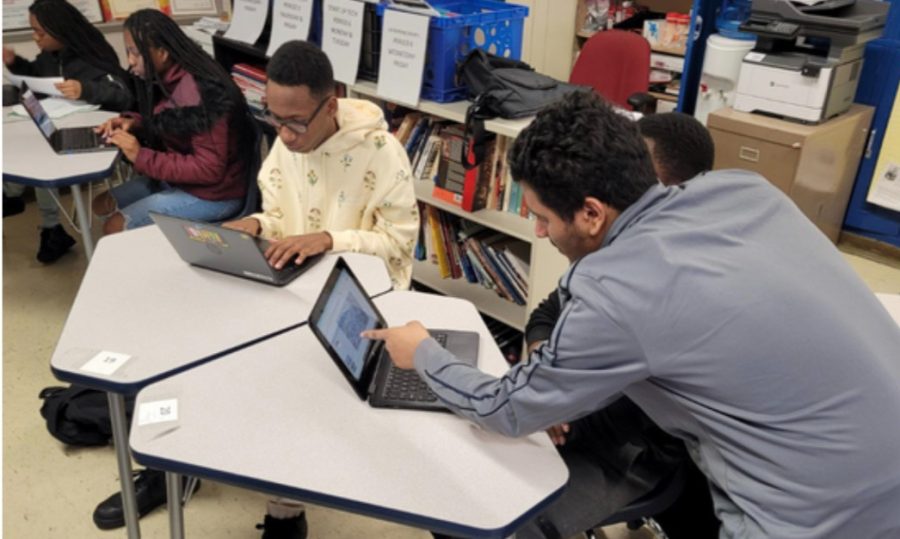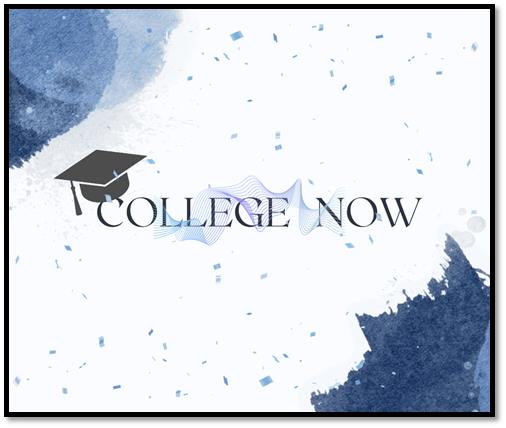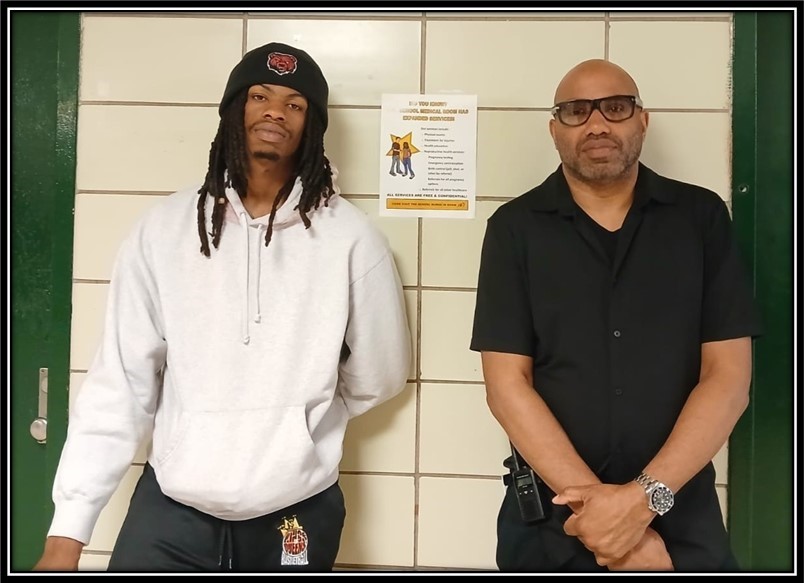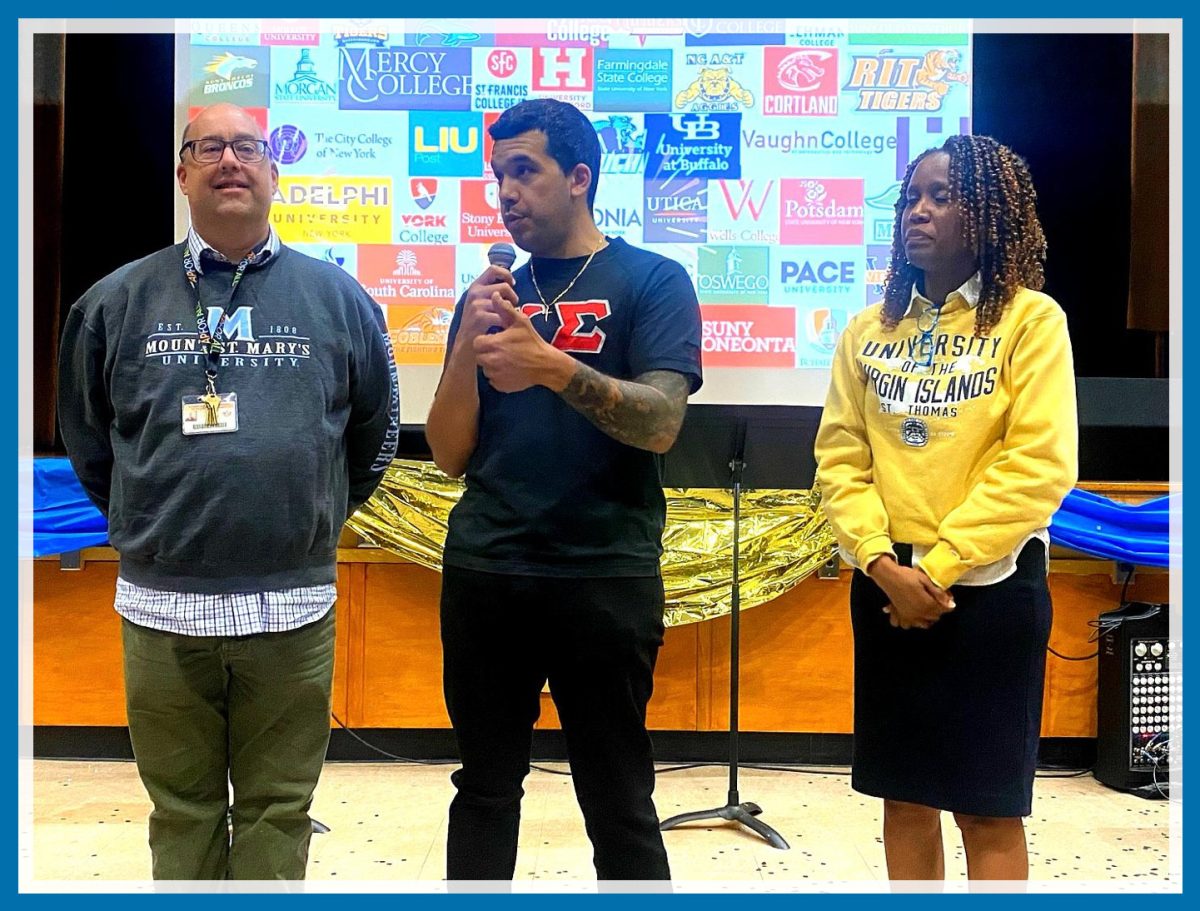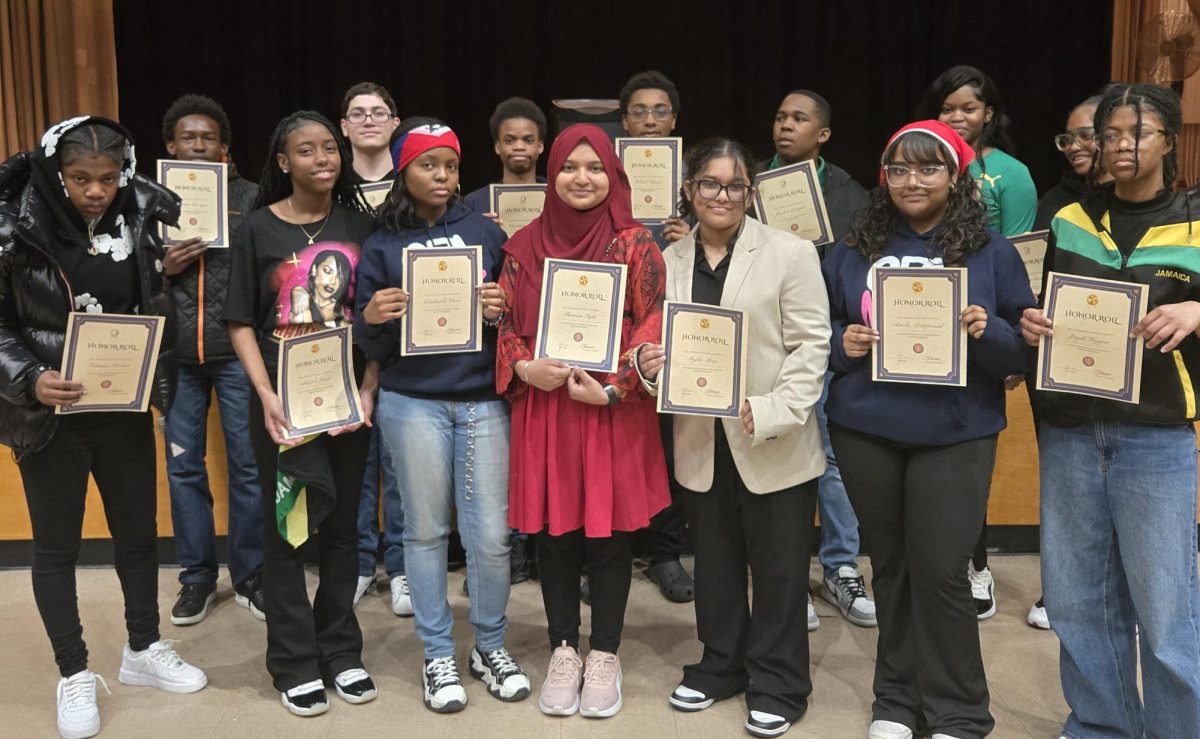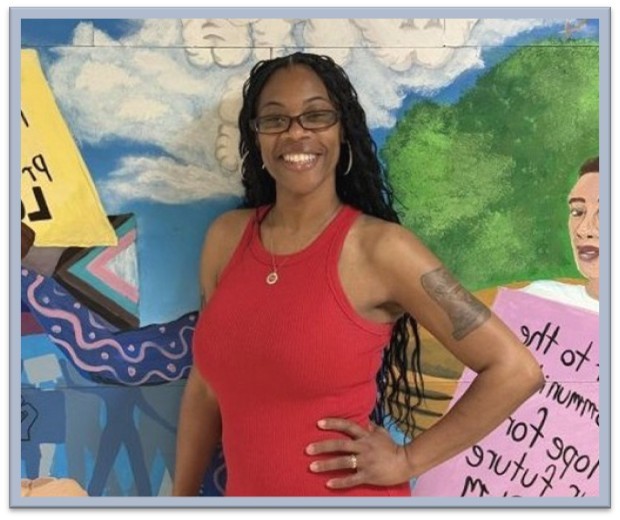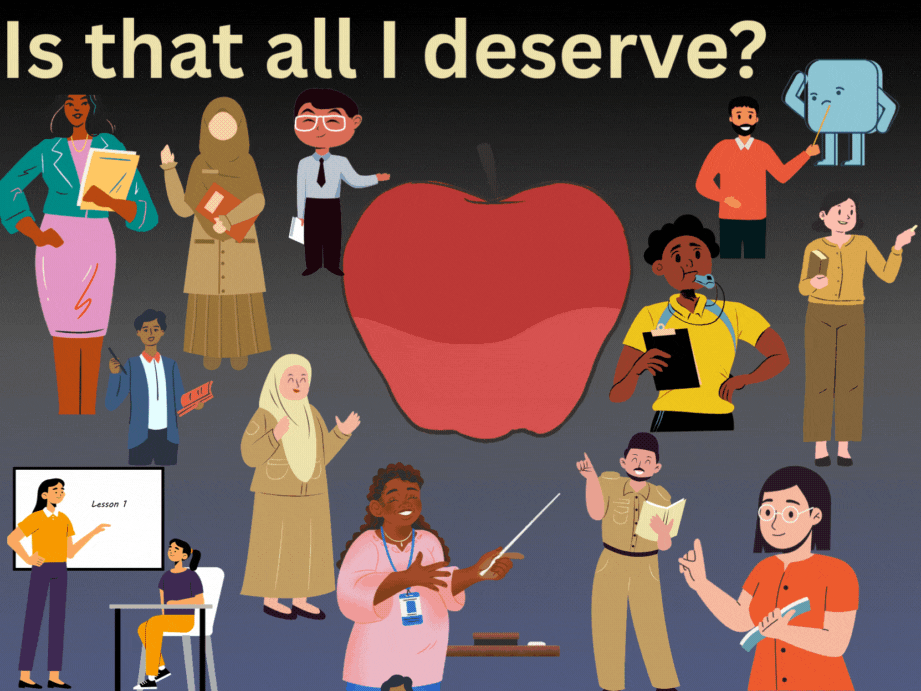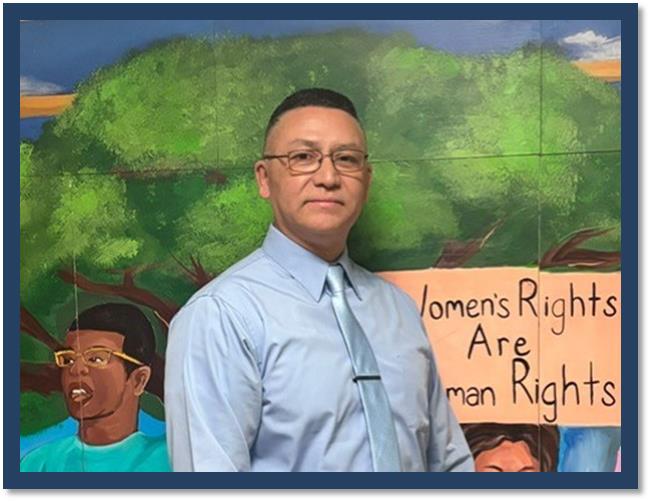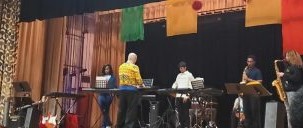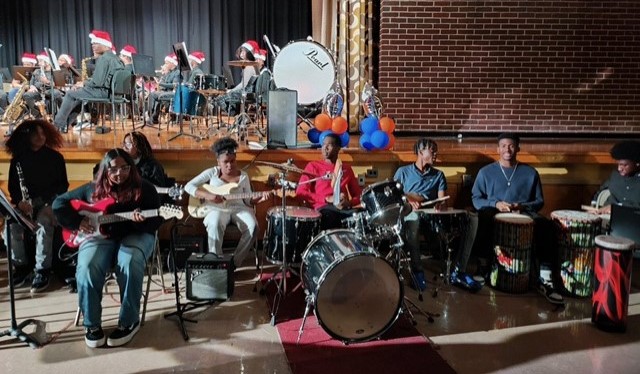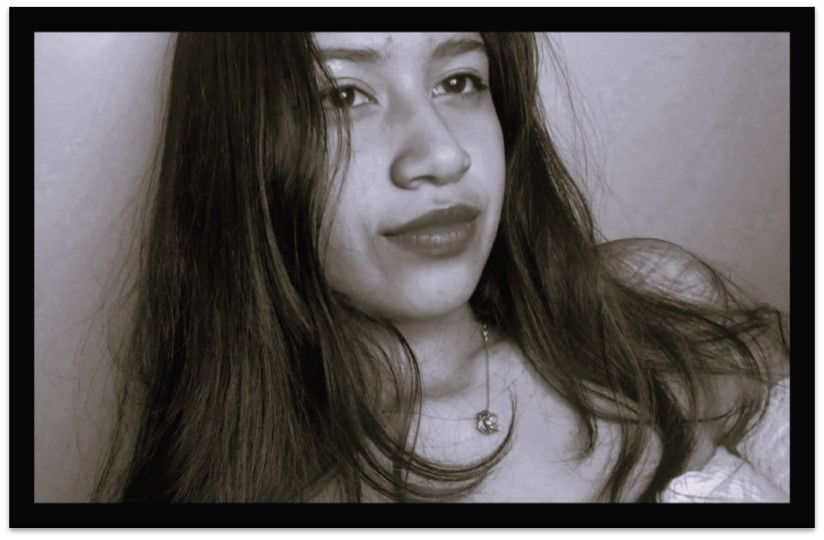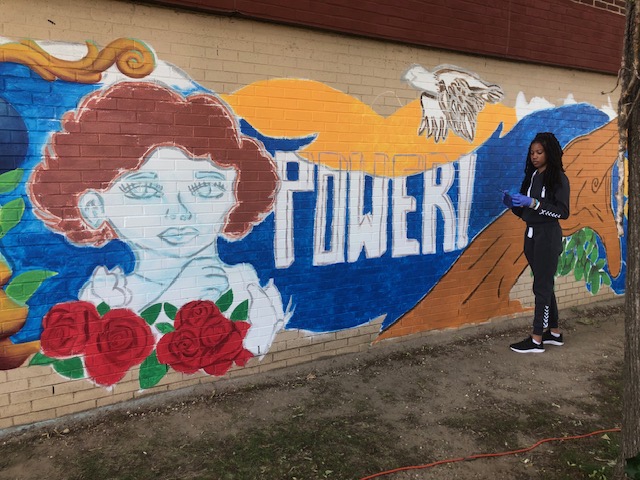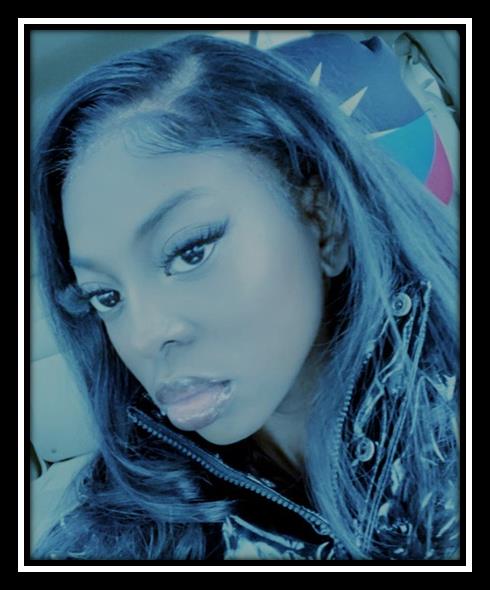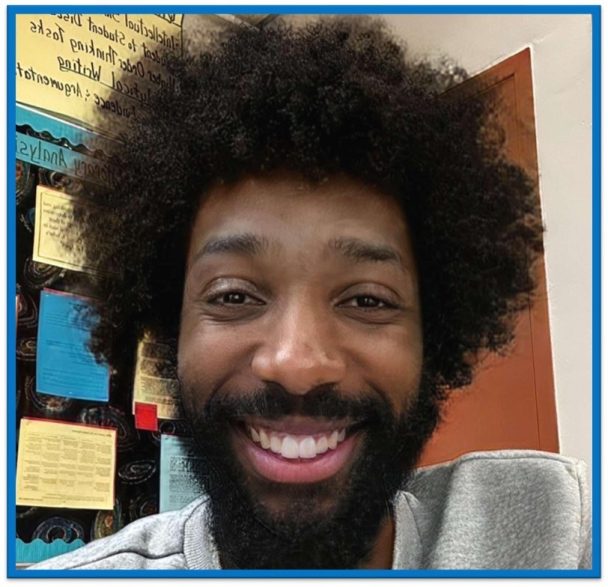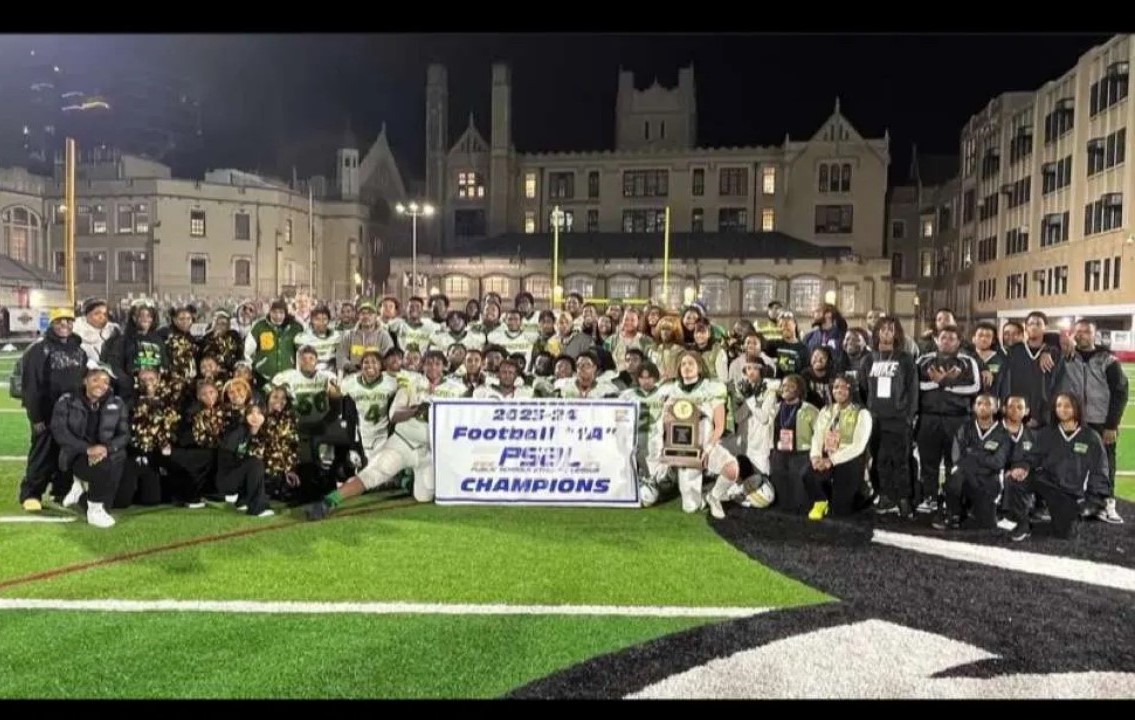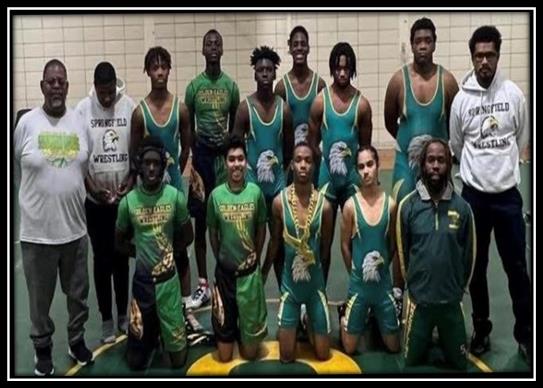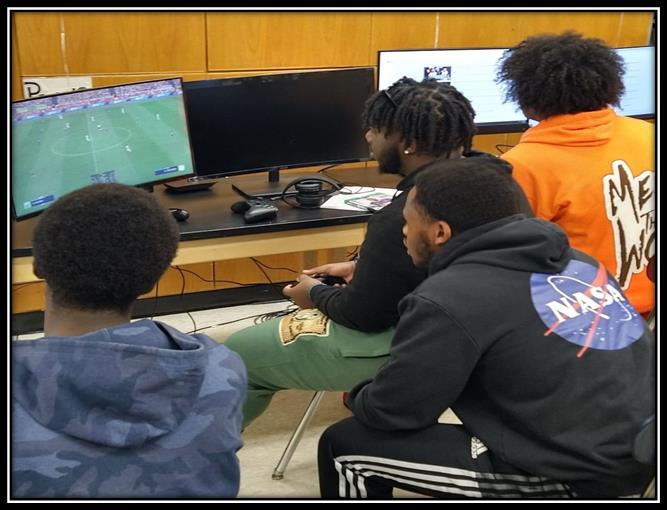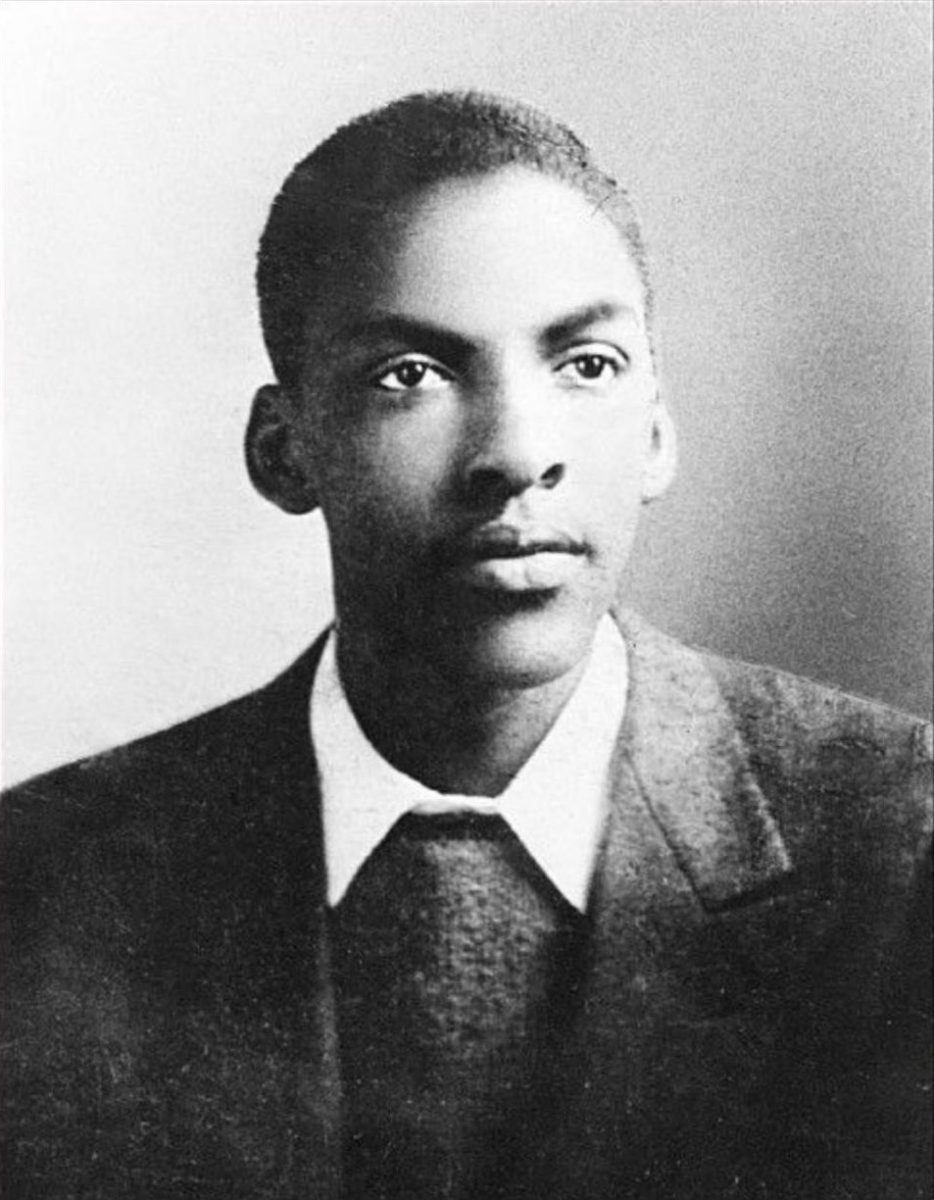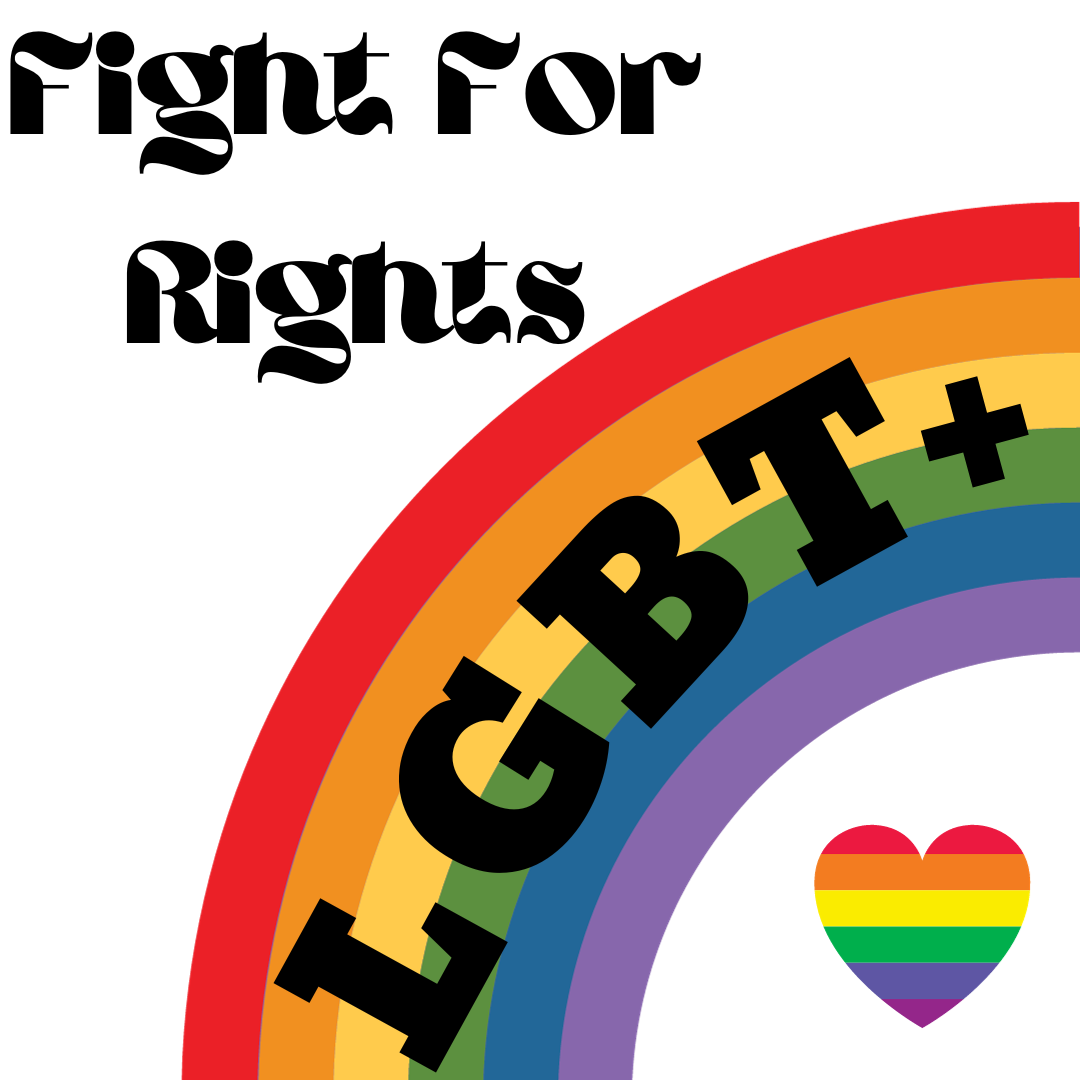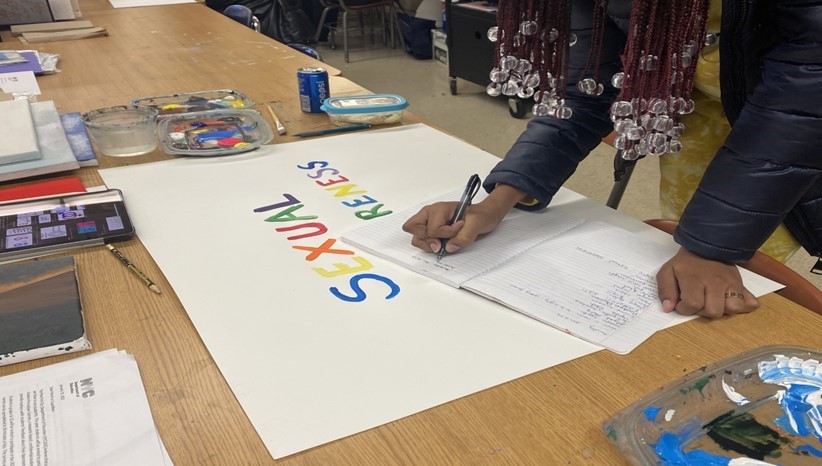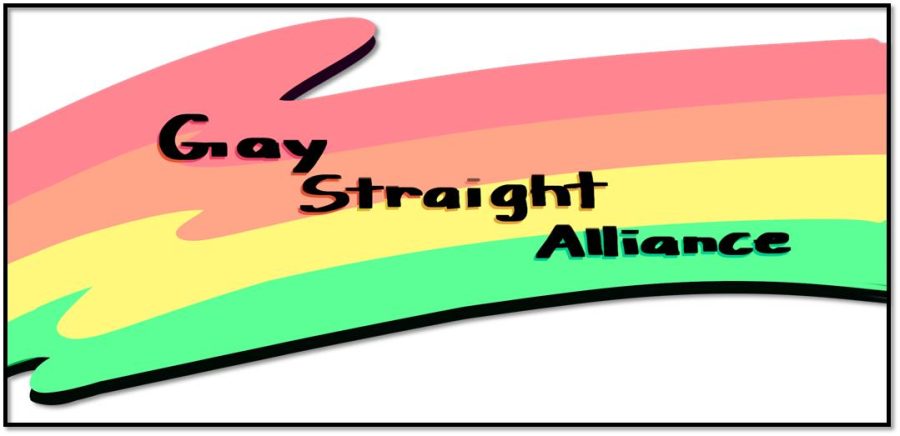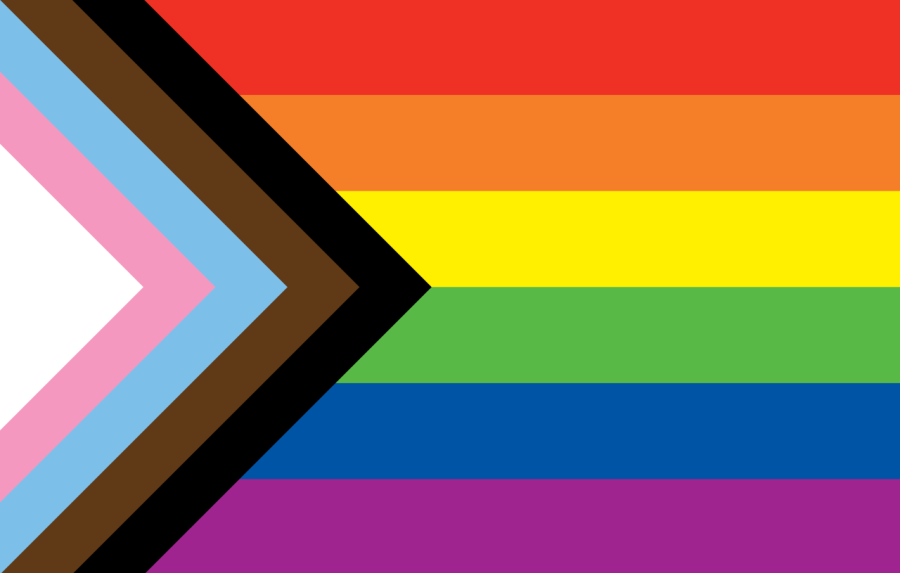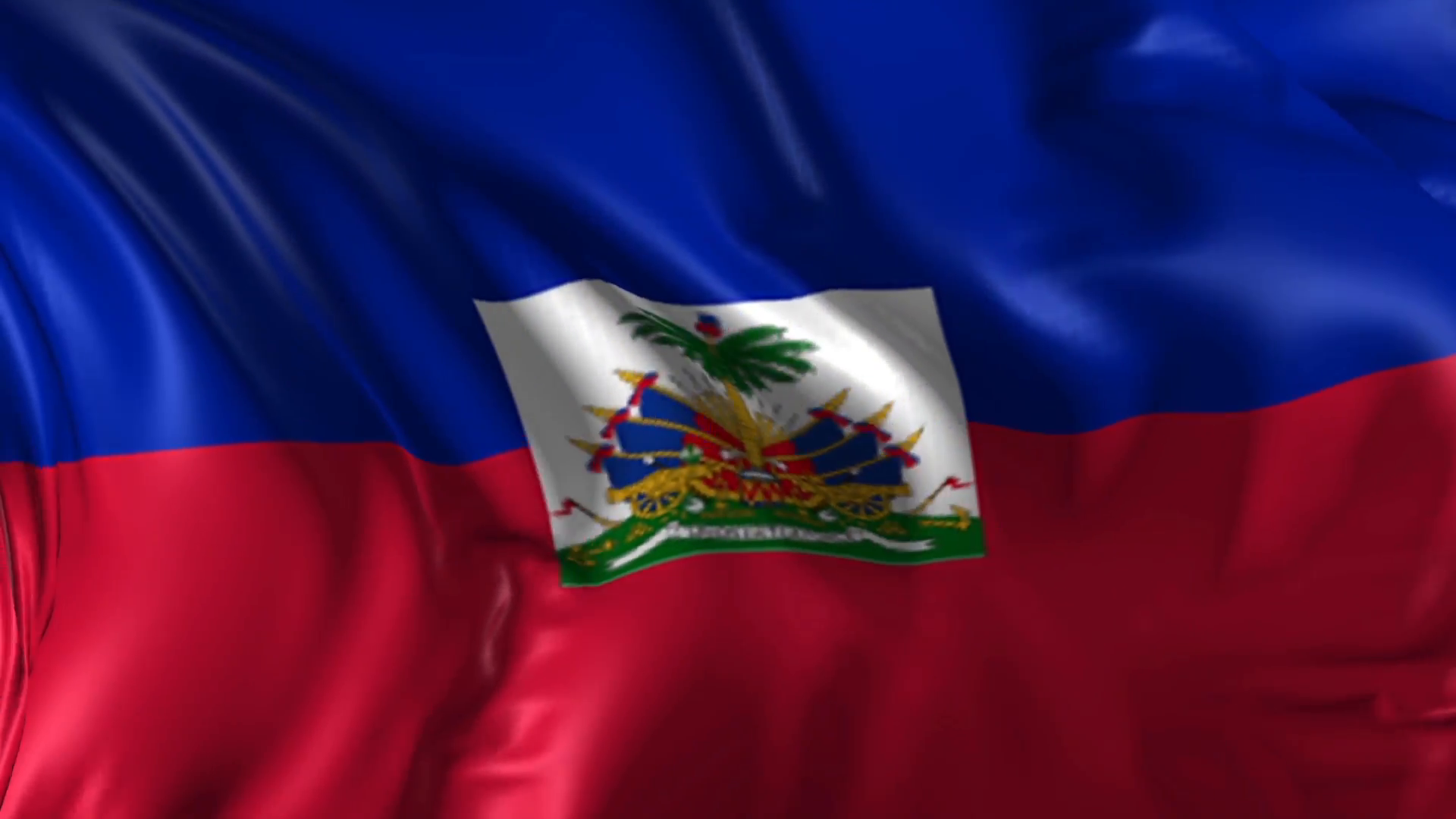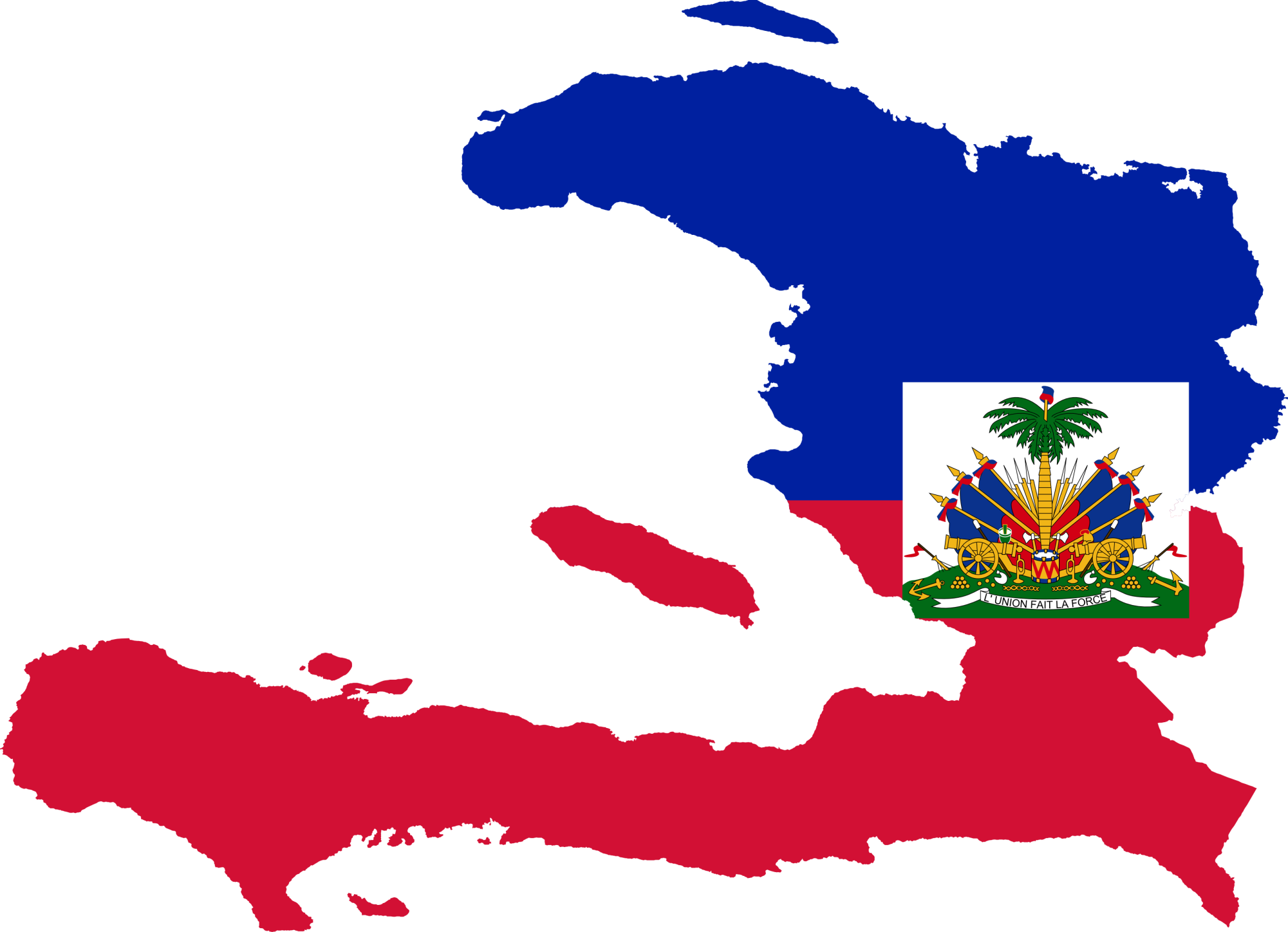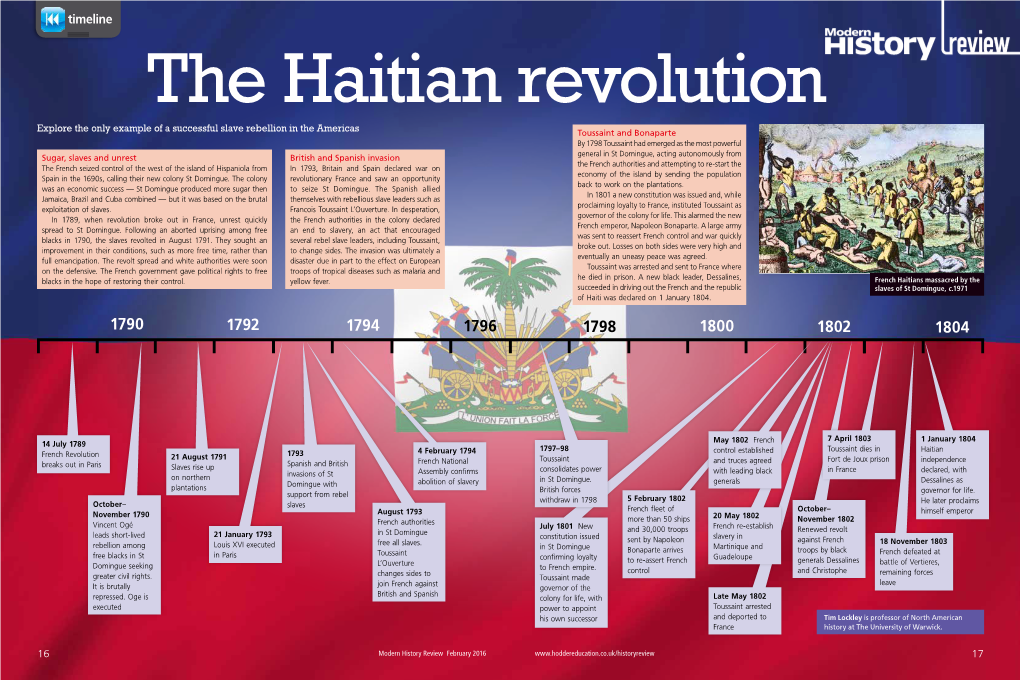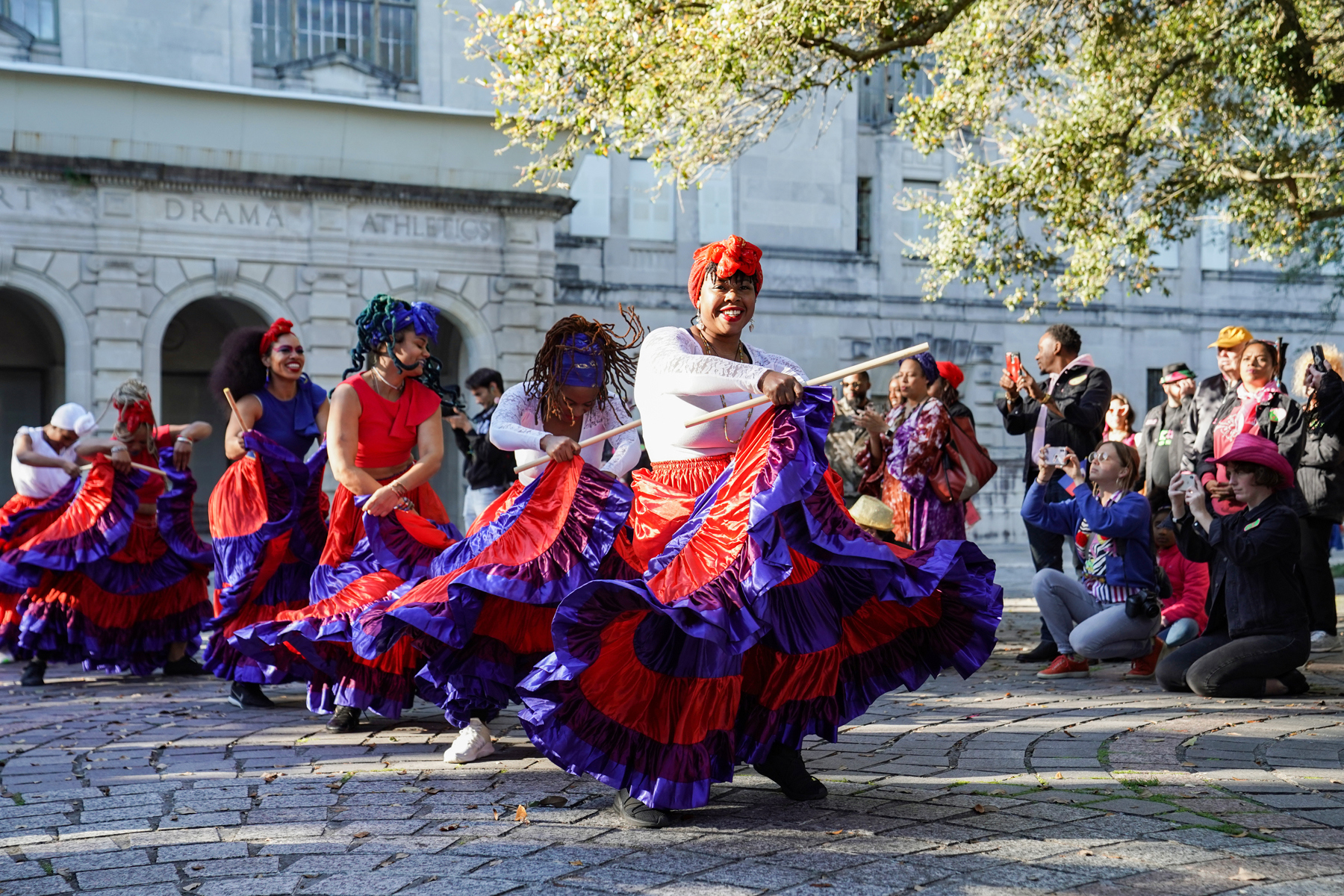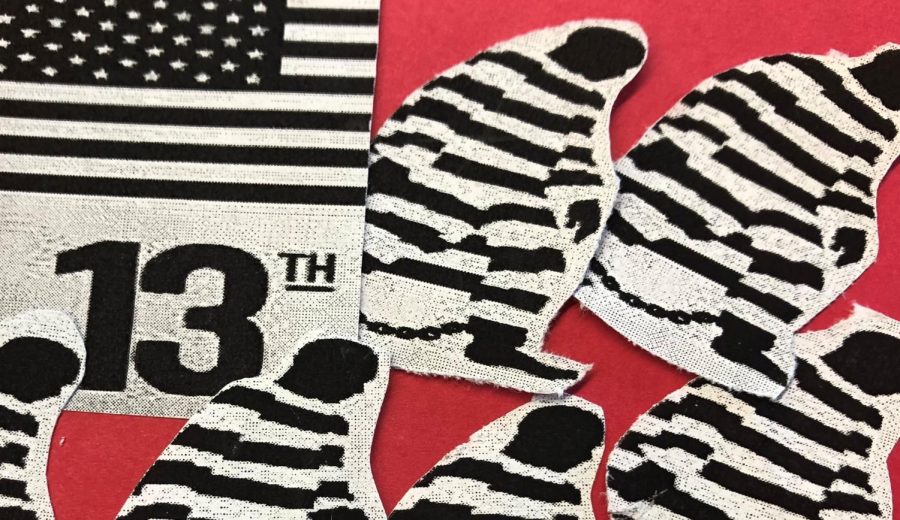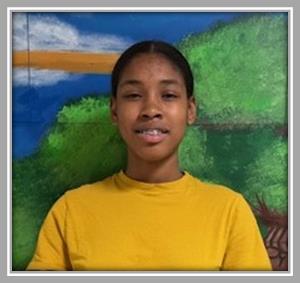Haitian independence day, celebrated on January first each year, is one of the most important holidays in Haitian culture. For Haitians at Queens Preparatory Academy, this day is more than just a national holiday; it’s a celebration of freedom, resilience, and the courage of their ancestors.
On January 1, 1804, Haiti became the first nation in the Americas to abolish slavery and gain independence from colonial rule after a long and bloody revolution. The significance of this day is deeply rooted in Haitian pride. It is a symbol of overcoming and fighting for liberty. Haiti’s journey to independence is one of the most inspiring stories, since Haiti became the first independent Black republic after defeating the French colonial empire. This victory, led by leaders like Jean Jacques Dessalines and Toussaint Louverture, showed that even the most oppressed can rise up and challenge injustice.
Haitians at QPA
Because of Haiti’s current situation: dangerous security, civil unrest and crime during the last two years, the Haitian community has not stopped growing at QPA. For the students, most of whom miss their country and their connections, Haitian Independence Day is an opportunity to remember their heritage.
QPA Senior Taissa Jeune whose family comes from Port-au Prince says, “We don’t just celebrate freedom, but also survival and pride.”
Many other students shared their perspectives. According to Waldine Andre, Haitian Independence Day helps her to have a stronger connection with the global community. “The Haitian revolution was a message to the world that people can fight for their freedom no matter what.”
Christian Delarge said, “We celebrate Haitian Independence Day to remember that we come from something powerful and beautiful, even if the world doesn’t always see it that way.” He is very concerned about the political situation and the fact that many people are at risk, but he still believes that Haitians should be proud of their country.
A Symbol of Freedom
Senior Christ Metellus emphasizes how important it is for young people to understand the significance of this day. “I want my peers to know that Haiti isn’t just a country filled with problems,” he said. “It’s a place of incredible history and culture.” Christ also talked about the fact that in Haiti, they don’t only celebrate by partying, they also have a special soup that they eat on that day, “Soup Joumou.”
When it comes to partying on independence day, Haitians wear traditional dress in red and blue, the colors of the national flag. They play music, walk around the community, sing and dance, and share soup with friends and people in need.
As Christ said, “Soup Joumou” is a traditional dish made with pumpkin or squash, vegetables, pasta and meat. This soup is a symbol of Haitian unity, like the different ingredients that come together to create the taste. However this soup has a very important history. According to Mr. Ezekiel Forvilus, history teacher at Saint Antoine et Saint Ignace de Loyola Catholic school in Haiti, during the time of colonization, the slaves used to make this soup for the French settlers. But they were not allowed to taste or to eat the same thing as the settlers. Then, once they got their freedom, they were able to eat the same soup and eat it in peace. They didn’t have to hide from anyone anymore. So, this is why Haitians drink this soup all day on January 1st. It is also a symbol of Haitian resilience and remembrance that strength comes from unity. Najyah David, another Haitian student said, “This soup is a symbol of our freedom and identity.”
Many Haitian believe in spirits ( Who or what they don’t see), they believe that Vodou has a big role in their independence.
Vodou is a syncretic religion originating in Haiti, an African diasporic religion. During the Revolution Many vodouists were involved to help overthrow the French colonial government, abolish slavery, and transformed Saint-Domingue into the republic of Haiti.
A Proud Heritage
Ms. Mahalia Mehu, one of QPA’s history teachers, is half Haitian and half Dominican. She was born in Brooklyn, but is still proud of being Haitian. As a history teacher, she said, “Haiti is a beautiful country, but the media only shows us the ugly side of things.” She celebrates Haitian Independence Day like all other Haitians and she also encourages Haitian students to always love their culture, food and music. She thinks that all Haitians should be proud of their nationality because Haiti is the first independent Black country in the world and defeated France, the greatest colonizers of the time, to earn their freedom.

